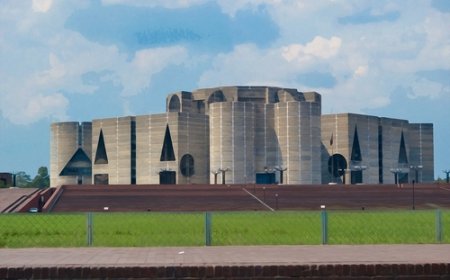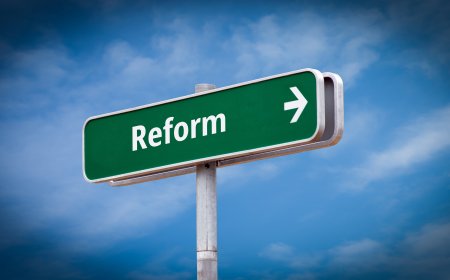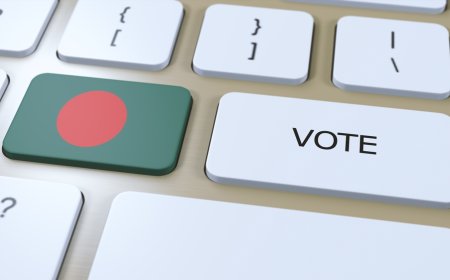I am now seeing the claim that electing an upper chamber through proportional representation will somehow produce a hung parliament.
It is unclear why this conclusion is being drawn. Of course, anyone is free to make any assertion, but before doing so it is essential to understand whether such an outcome is even plausible -- and, more importantly, what the July Charter actually prescribes.
Article 19 of the July Charter sets out the
functions of the upper chamber in precise terms:
(a) The upper chamber reviews bills passed by the lower chamber. It cannot initiate legislation, though it may recommend that the lower chamber take up an issue. Except for money bills and votes of confidence, all bills must be sent to the upper chamber for review. Crucially, it cannot permanently block legislation. If it withholds a bill for more than two months, the bill is automatically deemed approved.
(b) If the upper chamber approves a bill, it proceeds to the President for assent as a bill passed by both houses.
(c) If the upper chamber returns a bill with amendments, the lower chamber may accept or reject those amendments, in whole or in part.
(d) Once the lower chamber repasses a returned bill, it goes to the President without requiring any further upper-chamber approval.
(e) Only in the case of constitutional amendments is the upper chamber’s simple-majority approval required.
Read this as many times as needed. Where, exactly, does the upper chamber obtain the authority to block legislation initiated by the lower chamber? Let’s also not forget that in orde to form the government, you will only need majority in the lower chamber where members are being selected through the first-past-the-post. The Upper Chamber will have no role here. So, how can the upper chamber contribute towards a hung parliament?
At the same time, the Upper Chamber cannot initiate ordinary legislation, it cannot veto legislation, and it has no role in no-confidence votes or money bills. Its role is advisory, deliberative, and corrective -- not obstructive. The only hard power it possesses concerns constitutional amendments, where it acts as a safeguard against arbitrary constitutional change by a government holding a large first-past-the-post majority.
It is perfectly legitimate to raise concerns, but one expects that before rejecting the proposal outright, an academic would at least read the document specifying the powers of the upper chamber. That is the minimum standard for informed critique.
Interestingly, this is unlikely to deter some opinion-makers. Indeed, some of the same “experts” who have been deeply anxious about governmental instability will now, joined by others, shift to the opposite complaint: if the upper chamber has so little power, why have it at all?
But one cannot have it both ways. Two points are consistently overlooked. First, the design of the upper chamber reflects our political reality and historical experience. Every country tailors its institutions to its own context; we are doing the same. In our case, arbitrary constitutional revisions have had severe consequences -- contributing to 1/11 and repeatedly shortening our democratic trajectory. Addressing that vulnerability is neither trivial nor optional.
Second, if greater upper-chamber powers are genuinely desirable, they can be introduced later. Constitutions evolve. If the upper chamber performs effectively, the next assembly may well consider strengthening its role, including in the amendment process. That is a future debate.
For now, can we at least attempt to have an honest, good-faith discussion?
















































































